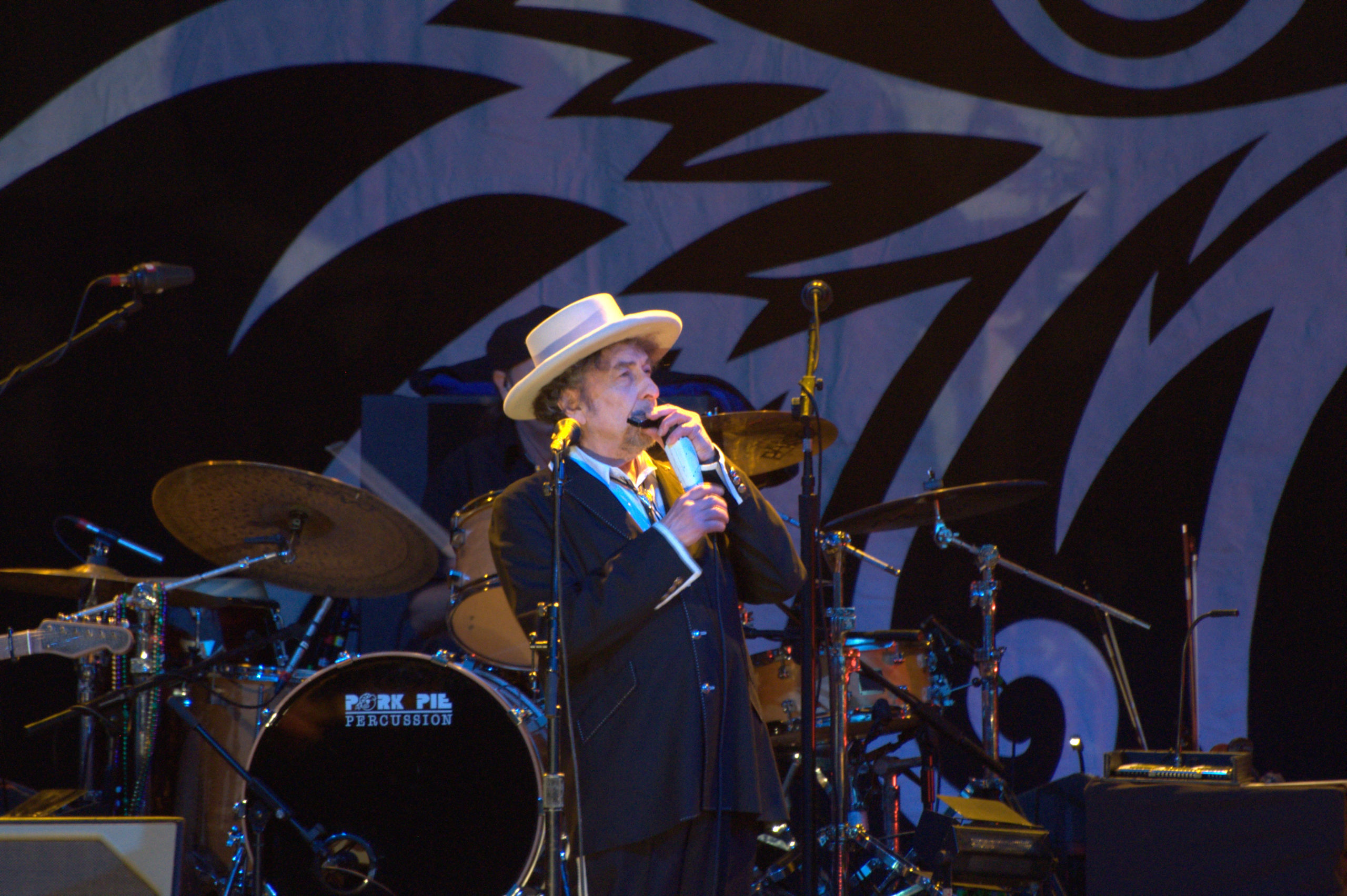When Bob Dylan‘s unmistakable growl opens Machine Gun Kelly‘s Lost Americana album trailer, something unprecedented happens in music. The voice that soundtracked America’s cultural upheaval now champions an artist many dismissed as a TikTok novelty. In an era where authentic artistic evolution is often overshadowed by algorithm-driven content cycles, Dylan’s participation cuts through the noise with surgical precision. This isn’t celebrity cross-promotion—it’s the rarest form of industry validation: one generation’s defining voice acknowledging another’s artistic legitimacy, a contrast to the tabloid chaos surrounding Machine Gun Kelly’s reaction to Megan Fox’s latest pregnancy news.
According to the trailer, Dylan describes “Lost Americana” as “a personal excavation of the American dream” and “a sonic map of forgotten places.” His words carry weight that no marketing budget could purchase—the blessing of someone who helped invent the very concept of American musical reinvention.
This collaboration emerged from an unexpected source. Dylan shared a 2016 video of MGK performing in a Florida record store on his Instagram earlier this year. That post confused the internet, but sparked genuine artistic curiosity between the two artists.
The two reportedly met in person at Outlaw Fest, where two generations of American storytellers found common ground. While neither artist has officially confirmed the collaboration’s details, Dylan’s recognizable voice in the trailer suggests he sees something authentic in MGK’s latest evolution—the same restless spirit that drove his transformation from folk purist to electric prophet.
Your streaming habits reveal a harsh truth: artistic credibility now operates on borrowed time. In today’s content-saturated landscape, artists pivot between genres faster than you can update your playlists, making authentic evolution nearly impossible to distinguish from calculated trend-chasing. Dylan’s endorsement instantly solves MGK’s credibility problem—something millions of streams couldn’t accomplish.
This collaboration represents strategic genius disguised as organic discovery. Legacy artists possess the one commodity streaming platforms can’t manufacture: cultural authority that transcends algorithmic validation. When Dylan’s voice appears on your timeline, it doesn’t just promote an album—it legitimizes an entire artistic trajectory that skeptics have questioned since MGK first picked up a guitar.
MGK’s journey from Cleveland rapper to pop-punk poster boy to Americana explorer could seem like calculated genre-hopping. But Dylan’s participation—whether officially confirmed or not—elevates this progression beyond trend-chasing.
The trailer’s VHS-filtered imagery of motorcycles, recording studios, and American landscapes feels deliberately nostalgic without becoming pastiche. In the narration, Dylan speaks about celebrating “From the glow of neon diners to the rumble of the motorcycles, this is music that celebrates the beauty found in the in-between spaces. Where the past is reimagined, and the future is forged on your own terms.” describing artistic territory he’s claimed for six decades.
Dylan rarely collaborates, especially with artists generations younger. His voice appearing on this trailer transforms “Lost Americana” from another celebrity album drop into something culturally significant. The August 8 release now carries the implicit question: can MGK earn the artistic credibility Dylan’s involvement suggests?
This partnership reveals how legacy artists increasingly function as cultural gatekeepers in an oversaturated market. Your favorite emerging artist might possess undeniable talent, but without institutional blessing—whether from critics, industry veterans, or streaming platform algorithms—they remain trapped in niche audiences. Dylan’s narration doesn’t just endorse MGK’s music; it reframes one of hip-hop’s most polarizing figures, often counted among the most controversial rappers in music, as an artist worthy of reevaluation.
The collaboration transforms anticipation into validation, proving that genuine artistic evolution still resonates across generational divides when it’s blessed by voices that helped define American music itself.


























